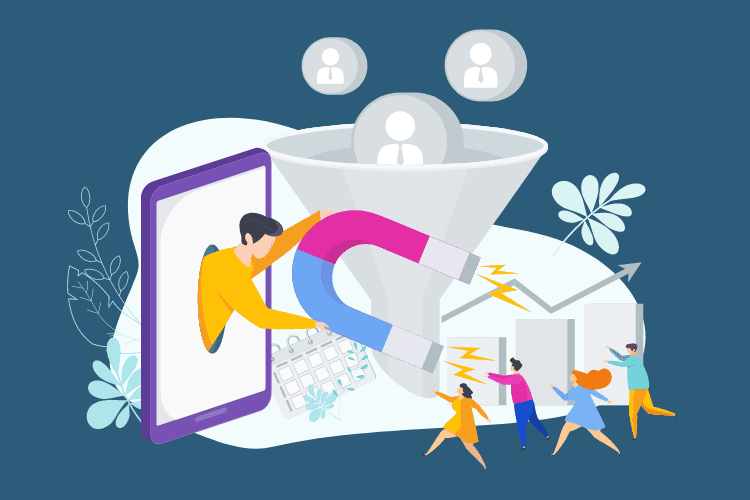What Is Unemployment Insurance?

You already know how important it is to have health insurance and auto insurance. But is there a way to cover yourself in case of job loss? There actually is, but it’s not a standard policy you can purchase or control. Unemployment insurance is a program offered by the state and federal government to provide cash benefits to eligible workers who experience job loss through no fault of their own.
How Does Unemployment Insurance Work?
Each state sets its own unemployment insurance qualifications for those working within its jurisdiction. If you meet your state’s qualifications, then when you lose your job, contact your state’s unemployment agency or file a claim online. You’ll need to provide your past employment history, financial information, and other pertinent facts about yourself.
If you’re approved for unemployment insurance, don’t expect money the next day. Some states require a one-week waiting period, while others take up to three weeks to release benefits. There’s no fixed amount of money that all eligible workers receive. Instead, it’s based upon a percentage of your earnings over a recent 52-week period. Most states only offer benefits for a maximum of 26 weeks and expect you to find a new job in that period of time.
Keep in mind that all unemployment benefits are subject to federal income tax and must always be reported on your tax return. You also must file claims regularly (weekly or biweekly) and respond to questions regarding your continued eligibility. If you fail to make these claims, your unemployment insurance may be rescinded.
Am I Eligible for Unemployment Insurance?
Specific eligibility criteria vary per state, but these are the general qualifications you should expect:
- Job loss through no fault of your own. Includes your employer downsizing, eliminating your position, closing locations, or cutting hours.
- You meet your state’s requirements for wages earned or time worked during a specific period of time called your “base period.”
- You’re available and able to accept suitable work and pursue job opportunities during your time of unemployment
You will not qualify for unemployment insurance if you:
- Were fired from your job
- Quit due to personal reasons
- Used to be self-employed
What If I’m Denied Unemployment Insurance?
There’s nothing as devastating as a denial letter when you’re counting on unemployment insurance to pay bills and to survive. Fortunately, you reserve the right to appeal your denial. Your state will explain your specific appeal rights, which must be used within a certain time frame after your denial.
If you are still on good terms with your old employer and believe the company would be willing to advocate for your right to unemployment insurance, your employer can also appeal your denial.
Are There Other Types of Unemployment Insurance?
The government defines a few other forms of unemployment relief for specific groups of workers. If you fall into any of these categories, unemployment benefits could be waiting for you.
- Disaster Unemployment Assistance (DUA) provides financial assistance for workers whose employment was lost or interrupted as a direct result of an even declared a disaster by the President of the United States. This form of assistance even covers self-employment if you can prove a direct correlation between your joblessness and the disaster event.
- Unemployment Compensation for Federal Employees provides financial relief specifically for eligible unemployed former civilian employees of the federal government.
- Unemployment Compensation for Ex-Service Members is a program that provides benefits for eligible ex-military personnel.
Losing your job is stressful and frightening, but unemployment insurance could offer the support you need during a rough time. Make sure to utilize your local labor department’s employment resources, counseling services, training programs, and other opportunities to find a new job as quickly as possible.
Don’t wait to get out of debt! Read this: A Complete, Step-By-Step Guide to Get Out of Debt.










